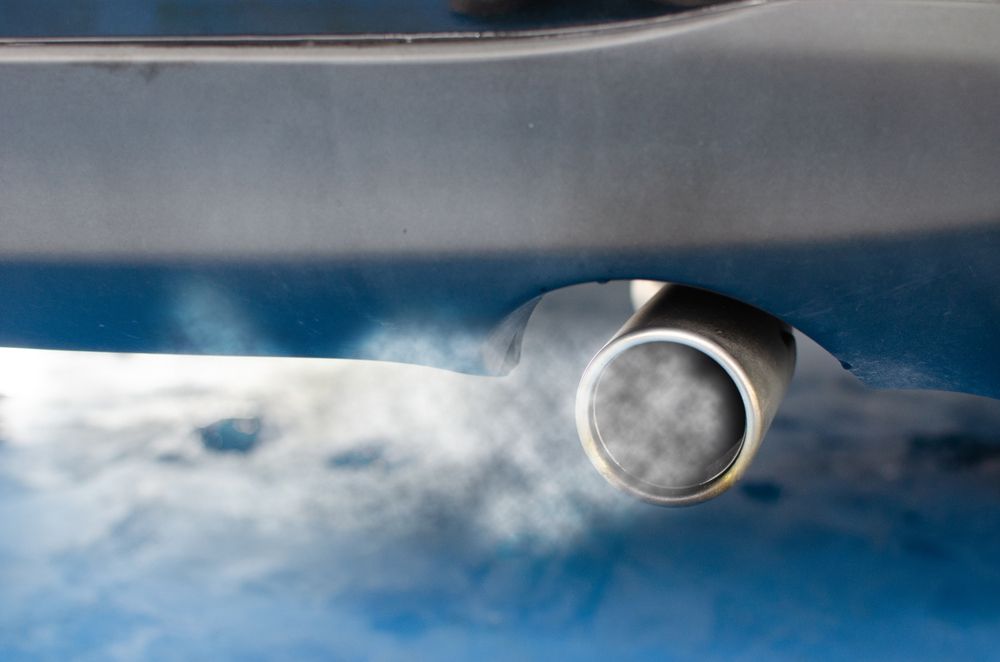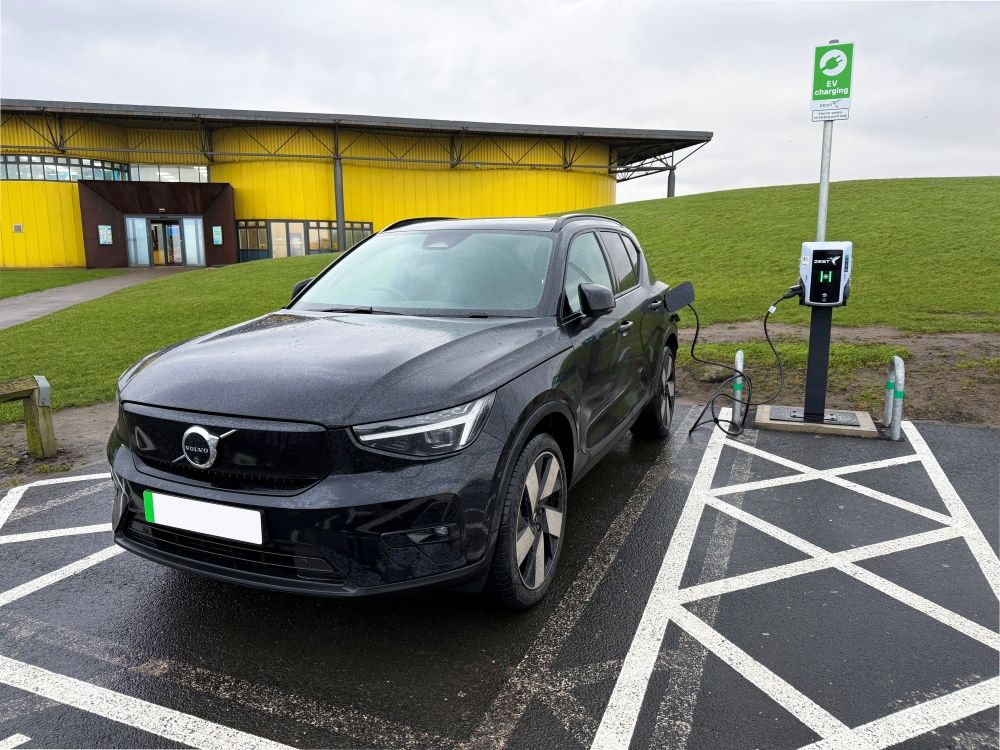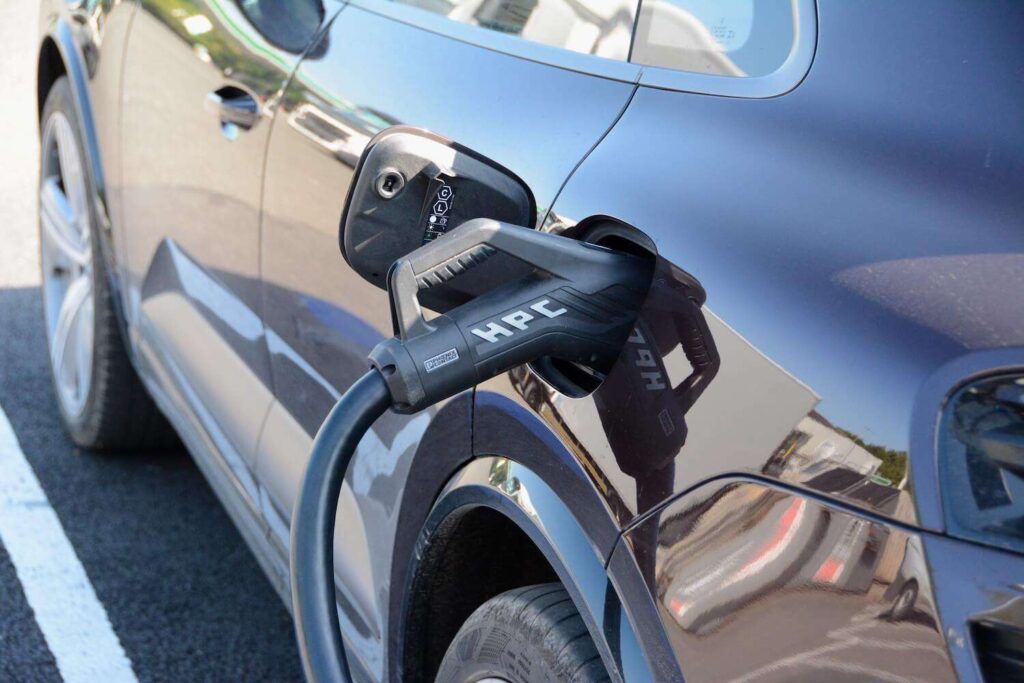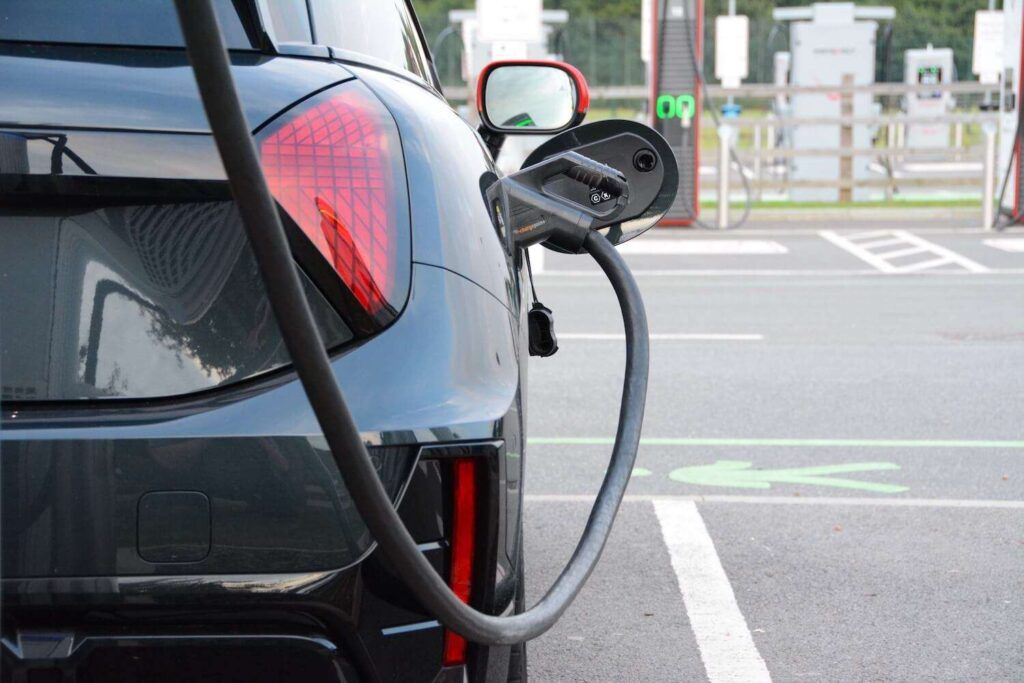EVs will outnumber diesel cars on UK roads by 2030, according to a fresh survey by the AA.
More than 12,500 drivers told the AA that by the time the ban on new petrol and diesel comes into force in 2030, EVs would form a fifth of all cars on the road (19%).
Petrol vehicles would still be the most common fuel type, but would only account for 30% of cars. Drivers also predicted a boom in hybrid technology and alternative fuels, such as hydrogen and bio-diesel.
If approximately 33 million cars remain on UK roads between now and 2030, the new more would see EVs accelerate from 91,000 to 6.5 million over the next nine years – arguably the biggest shift in transportation since the creation of the car.
Pure combustion vehicles are to see a dramatic drop of 16.6 million cars, and if the prediction is correct, vehicle manufacturers will need to ensure they can fulfil the oncoming demand.
| FUEL TYPE | UK CAR PARC AT END DECEMBER 201 | PREDICTED UK CAR PARC AT JANUARY 2030 | DIFFERENCE |
| Petrol | 19,236,721 | 9,930,982 | -9,305,739 |
| Diesel | 12,852,314 | 5,524,519 | -7,327,795 |
| Electric | 90,585 | 6,511,041 | 6,420,456 |
| Regenerative hybrid | 521,891 | 4,505,114 | 3,983,223 |
| Plug-in hybrid+ | 156,390 | 3,847,433 | 3,691,043 |
| Hydrogen | 183 | 1,677,086 | 1,676,903 |
| Other | 25,963 | 887,869 | 861,906 |
Edmund King, AA president, said of the findings; “Over the next nine years, electric cars could supercharge the way we drive. There is clearly a desire from drivers to own them. EVs will play a significant role in the future.
“Everything is working in favour of electric cars. The range of a single charge in constantly improving, the purchase and leasing prices are becoming more affordable, more models and styles are reaching the market and investments in chargepoints are being made.
“Electric vehicle technology has the ability to unlock much more than greener motoring; providing the chance to create new jobs and opportunities. More should be done to spark the EV revolution, such as scrapping the VAT on electric cars costing less than £50,0005 and the construction of numerous gigafactories.”












